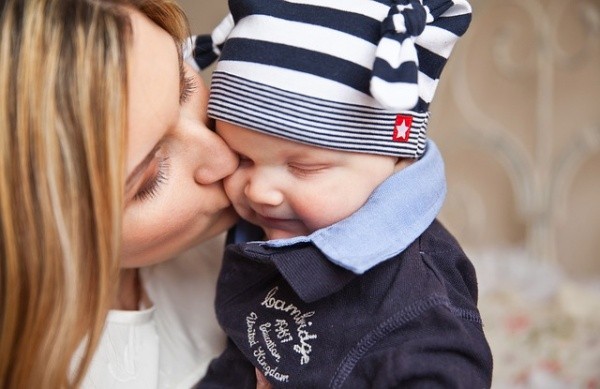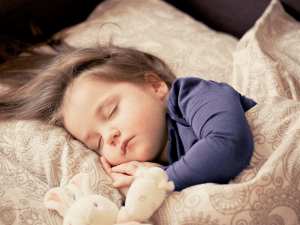Okay, let’s get real for a minute. If you feel you might be experiencing postpartum depression, you need to take action now. Some symptoms include excessive crying, intense mood swings, withdrawing from others, overwhelming fatigue, difficulty bonding with your baby, thoughts of harming yourself or your baby, thoughts of death, and experiencing anxiety attacks. So how do you deal with postpartum depression if you think you may be experiencing it?
1. Talk to your doctor or a trusted family member
First off, do not be afraid or ashamed to talk to someone about your concerns. Postpartum depression is a serious illness, and you need to take care of it. It should not be taken lightly.
Talk to a family member that you know will be supportive and then make an appointment with your doctor. If you want or need to, take that family member with you to the appointment. Be open and honest with the doctor so that they can give you the proper diagnosis and help you need.
2. Develop a support system
A support system does not have to be a group of strangers who get together and whine about their feelings. It can be one or more people with whom you feel most comfortable sharing serious feelings and with whom you can trust. Your support person should be there to help you with whatever you need to be and stay healthy.
More: 5 Things I Gave Up for Motherhood Without Regret
3. Keep yourself healthy
Yes, I know you have a baby to keep healthy and that takes a lot of time, energy, and attention away from yourself. But, it is vital that you keep up your health. Having a healthy body helps you have a healthy mind. It might take some extra effort, but you can do it.
Have your support person help keep you motivated or accountable for taking good care of yourself. Following the tips mentioned here should also help you maintain good health emotionally and physically.
4. Get out of the house
Getting out of the house daily. Go for a walk, a run, or a bike ride. If you can, take the baby with you. Otherwise, have your support person babysit while you are out and about.
When you get out of the house and get some exercise, your endorphins will kick in which is known to help ease depression. You also get fresh air, sunshine, and maybe you meet some new people along the way. All of these things are positive ways of coping with depression.
5. Sleep
Sleep is so important for good physical and mental health. With a new baby, sleep is not consistent and fatigue can set in. With fatigue, depression can take over very easily. It is not easy, but sleep when the baby sleeps.
All other things can wait and will still be there to take care of later. Ask your support person to watch the baby while you nap, or have your support person help with household tasks so you can rest without worrying about getting things done.
More: 10 Tips to Get the Kids to Fall Asleep Faster
In order to cope with postpartum depression, you have to get help. You have to take care of yourself so you can take care of your baby. It is treatable. There is hope. Do not wait another minute.








Comments